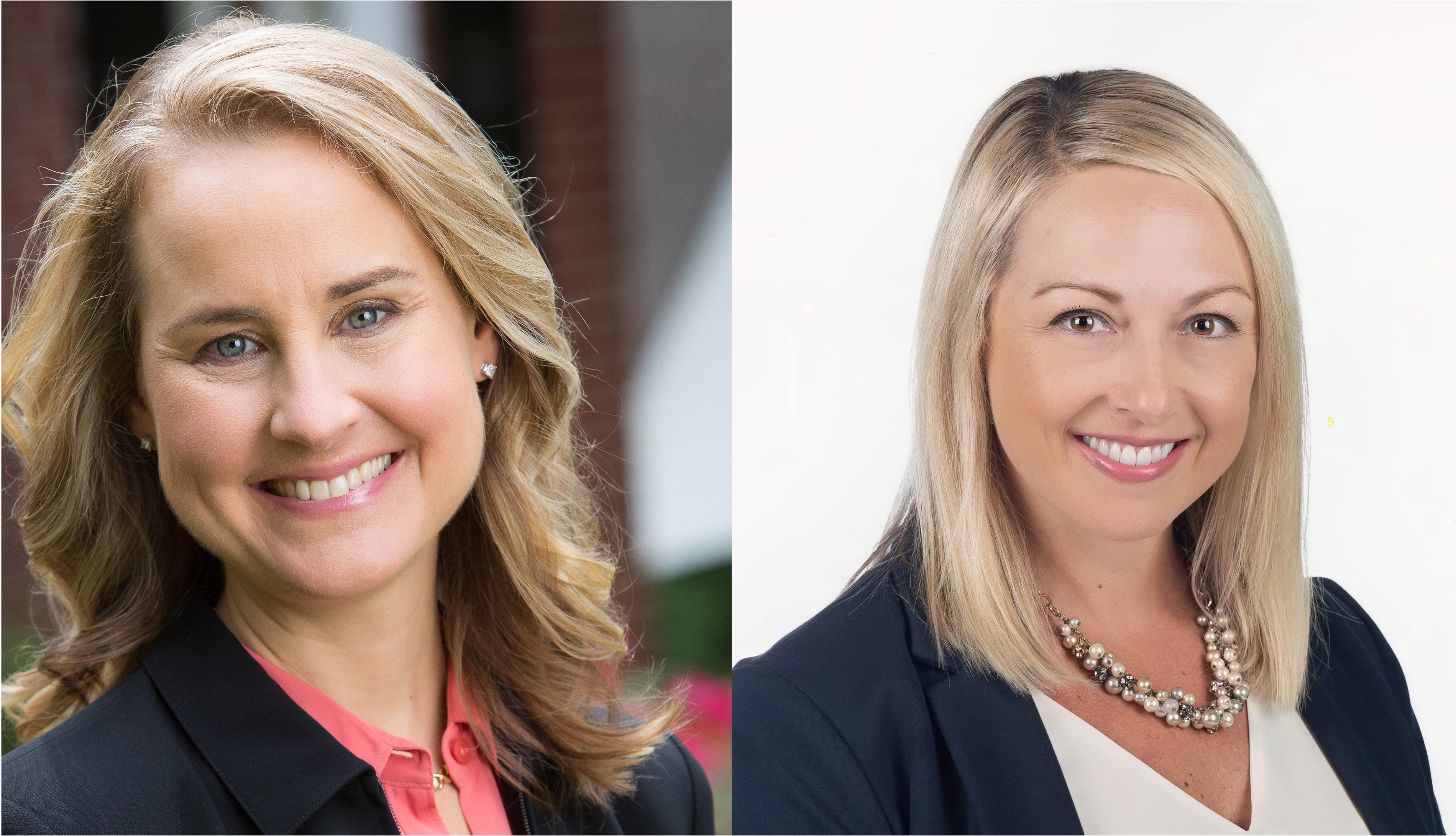Lecturer Lesley Baradel and Senior Academic Professional Christie Stewart from the School of Biological Sciences have been awarded an Innovation Incubator grant from the Institute's Transformative Teaching and Learning (TTL) initiative.
TTL grants support the development, implementation, and evaluation of transformative teaching projects in undergraduate courses. This third round of TTL grants focuses on community-based learning, an educational approach that integrates classroom instruction with meaningful community engagement.
“Community-based learning is a premier avenue for Georgia Tech to fulfill our mission in developing leaders who improve the human condition,” says Kate Williams, a senior academic professional at the Center for Teaching and Learning who leads faculty-facing efforts on behalf of the TTL initiative.
Serving Georgia Tech — and beyond
Baradel and Stewart will use the grant to introduce a community service component to their class, Flourishing: Strategies for Well-Being and Resilience (APPH 1060). They co-created the course back in 2019.
“We developed the class based on student feedback,” says Stewart. “Students were very vocal about wanting a course where they could discuss emotional wellness and coping strategies.”
APPH 1060 has become a popular course taken by hundreds of Tech students every year and fulfills one of three options to satisfy the Institute’s wellness requirement. The class helps students improve their overall well-being by introducing strategies to build skills in coping, resilience, optimism, mindfulness, and emotional intelligence.
The instructors teach separate course sections but coordinate class content.
With support from the Innovation Incubator grant, Baradel and Stewart are reimagining the course’s signature team project. Previously focused on campus wellness initiatives, the project will now connect students with community partners to address real-world needs and incorporate high-impact practices such as teamwork, leadership, and structured reflection. Based on their interests, students will choose from a list of community projects, then work in teams to implement solutions.
“The revamped APPH 1060 course will encourage students to consider happiness and well-being while also collaborating and strengthening the capacity of neighboring communities,” says Sarah Brackmann, director of community-based learning in the Office of Undergraduate Education and Student Success.
“In the past, the students came up with great ideas to improve wellness at Georgia Tech, but the projects rarely moved beyond the design stage. The TTL funding helps us transform ideas into action,” explains Stewart.
The instructors plan to partner with organizations such as Hands On Atlanta — tackling Atlanta’s most pressing needs — and Once Upon a Room — decorating hospital rooms for children.
“We frequently talk with the students about gratitude and purpose,” says Baradel. “Incorporating a community service element gives them the chance to bring those values to life in a meaningful, measurable way.”
To evaluate the project’s effectiveness, Baradel and Stewart will use a mixed-method approach, including pre- and post-course surveys, student reflections, and feedback from community partners. In addition to measuring academic learning, the goal will be to assess students’ personal growth, civic engagement, and emotional well-being.
Looking ahead
The enhanced version of APPH 1060 will launch in Spring 2026 — following a year of planning, partnership development, and TTL workshops. Baradel and Stewart believe the new structure will lead to a more immersive and impactful version of the class, and they hope it can become a model for integrating wellness and service learning across campus.
“We want our students to leave this course with more than just knowledge,” shares Stewart. “Our goal is to instill community service as a value and empower students to make a difference.”
“We are excited about what we can do with this grant,” adds Baradel, “not just in the classroom, but in the community and in transforming students’ lives.”
For More Information Contact
Laura S. Smith, writer



